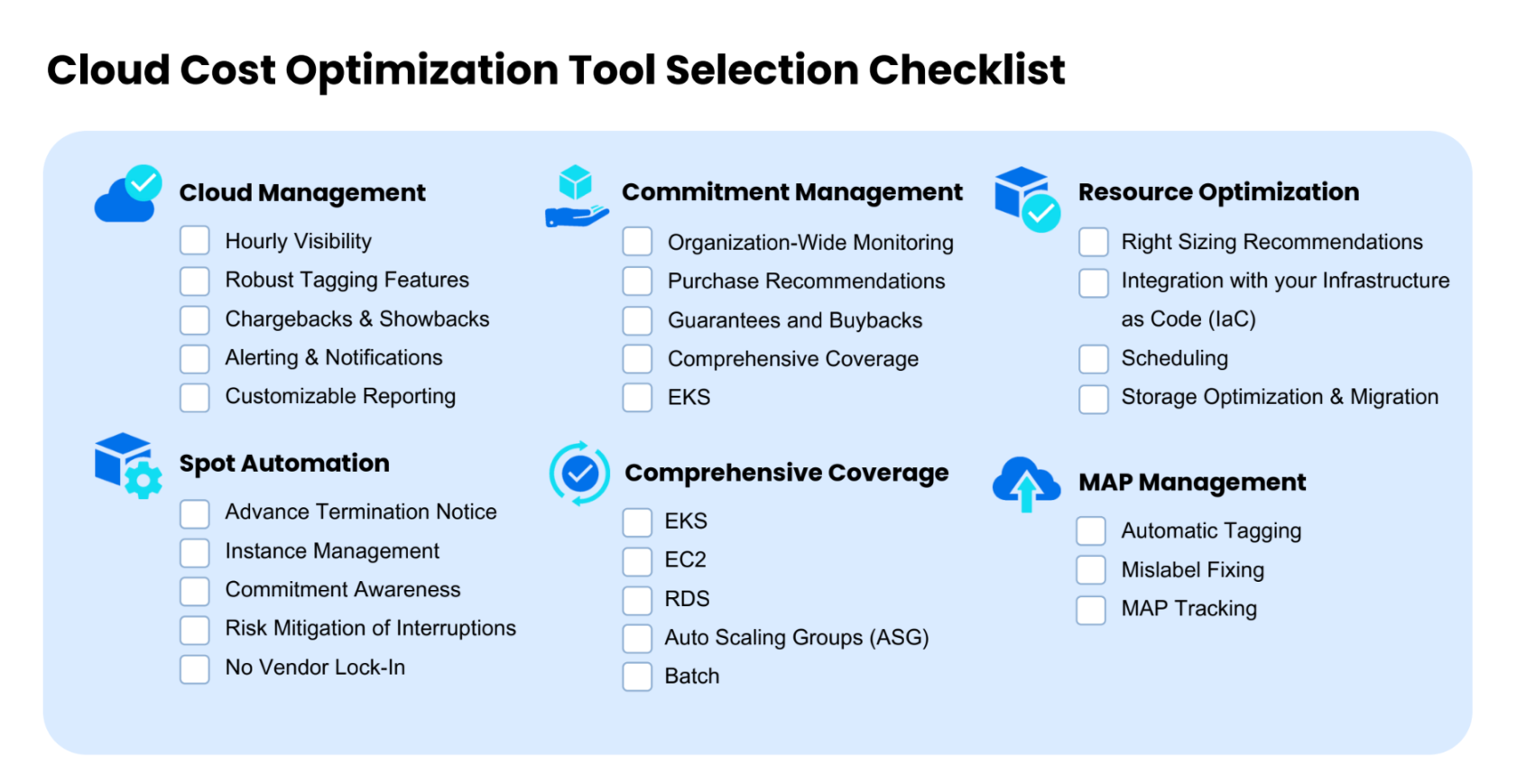Welcome to our website! We offer a wide variety of profitable financial management of all ages. Our financial page is perfect for financial and management activities in the modern era like now. Everyone needs financial intelligence to survive and have a stable economy. This can also be beneficial for young people, they are our next generation in the future. By instilling sensitivity to financial management, they will be able to compete in the future.
We have a variety of financial pages to choose from, including investing in stocks, gold, crypto and more. We also have a financial application page that can be used to help manage your finances. Everything on this page discussing how to manage finances is free to download and print.
Cloud Financial Management Tools: Optimizing Costs and Visibility in the Cloud
The cloud has revolutionized how businesses operate, offering on-demand access to computing resources and fostering agility and scalability. However, with this flexibility comes the challenge of managing cloud spending effectively. Here’s where cloud financial management tools come into play.

Understanding Cloud Financial Management Tools
Cloud financial management tools are software applications designed to provide organizations with visibility and control over their cloud expenditures. These tools go beyond simple billing by offering features like:
Cost tracking and analysis: Granular breakdowns of cloud spending by service, department, project, and other relevant dimensions.
How Cloud Financial Management Tools Work
Cloud financial management tools integrate with cloud service providers (CSPs) like AWS, Azure, and GCP to access cost and usage data. This data is then processed and presented in user-friendly dashboards and reports, allowing organizations to:
Gain Visibility: Identify trends, understand resource allocation, and pinpoint potential cost inefficiencies.
Benefits of Using Cloud Financial Management Tools
Cloud financial management tools offer a multitude of benefits for organizations leveraging the cloud:
Reduced Cloud Costs: By identifying and eliminating waste, organizations can optimize their cloud spending and achieve significant cost savings.
Conclusion
Cloud financial management tools are essential for organizations looking to optimize cloud spending, gain greater visibility into their cloud costs, and ensure efficient cloud resource utilization. By leveraging these tools, businesses can achieve significant cost savings, improve financial control, and make data-driven decisions to maximize the value of their cloud investments.
Frequently Asked Questions (FAQs) about Cloud Financial Management Tools
Cloud financial management tools come in various pricing models, with some offering free tiers for basic functionalities. The cost often scales based on usage and the number of cloud accounts managed.
The “best” tool depends on your specific needs and cloud environment. Consider factors like your cloud service provider, feature set, budget, and ease of use when choosing a cloud financial management tool.
While not a direct solution, cloud financial management tools that offer multi-cloud support can provide cost visibility across different cloud providers, giving you a more holistic view of your cloud spending and reducing reliance on a single vendor.
Successful implementation requires clear goals, user buy-in, and ongoing training. Aligning the tool with your cloud governance strategy and establishing ownership for cost optimization efforts are crucial for maximizing its impact.
There are several best practices for cloud cost optimization, including rightsizing resources, leveraging reserved instances and spot instances, automating scaling, and continuously monitoring and analyzing cloud usage patterns.
Thank you for reading this article to the end. Don’t forget to visit this website again and share this article cloud financial management tools for your friends. We always try to present the best for our visitors, there are many other interesting articles, such as :




